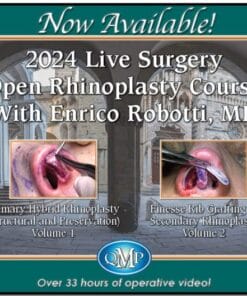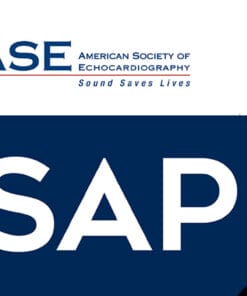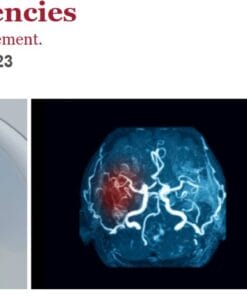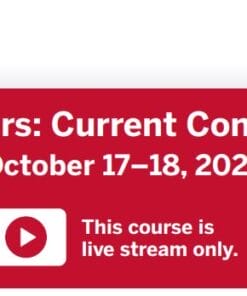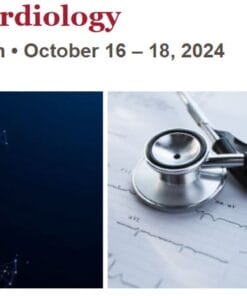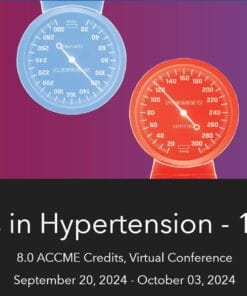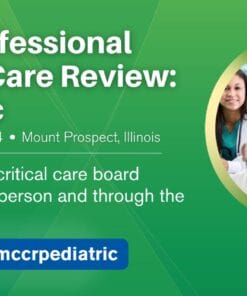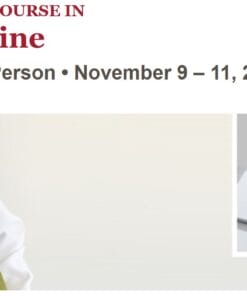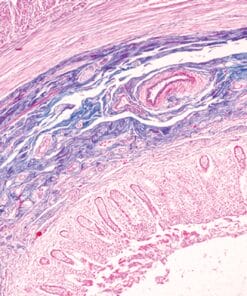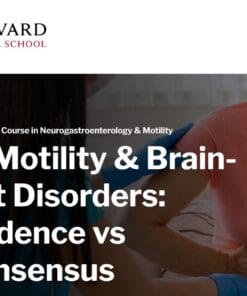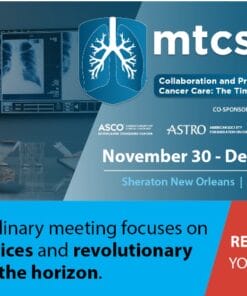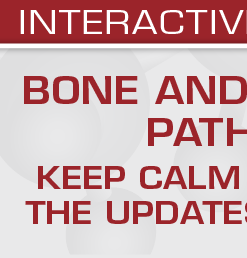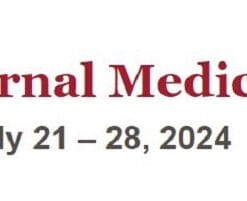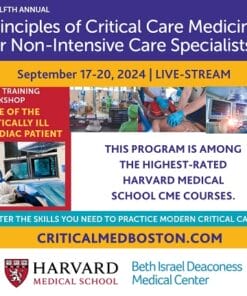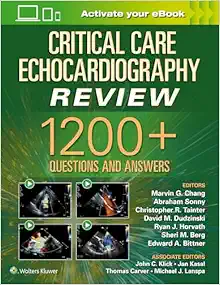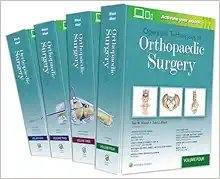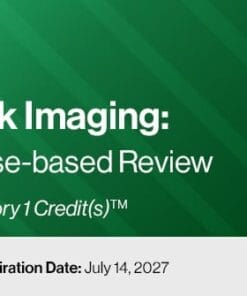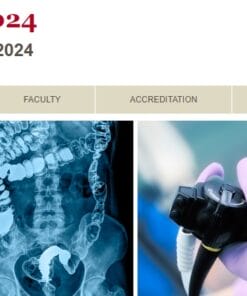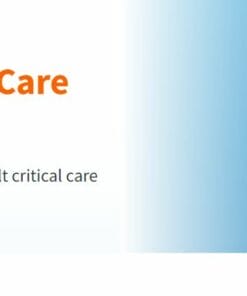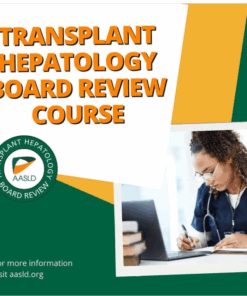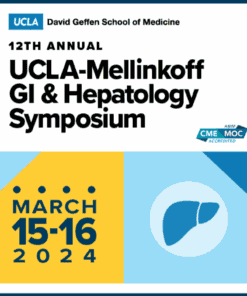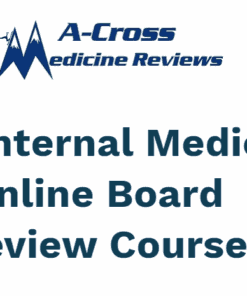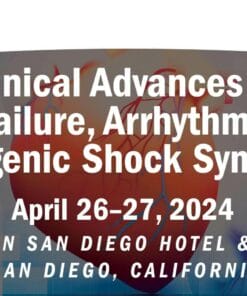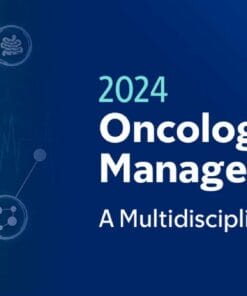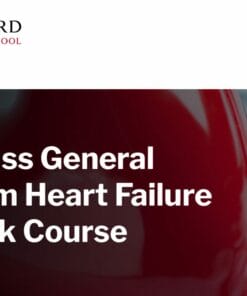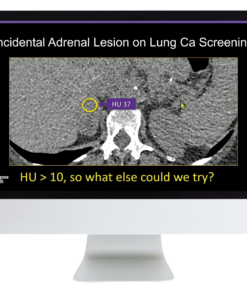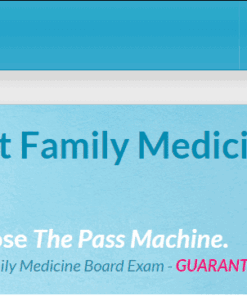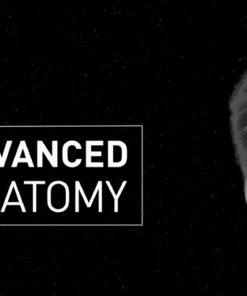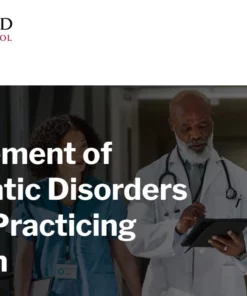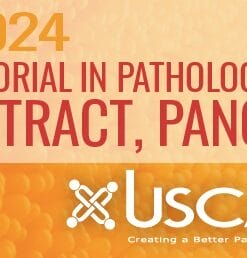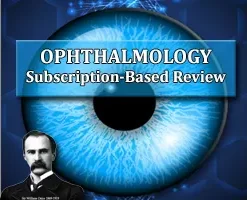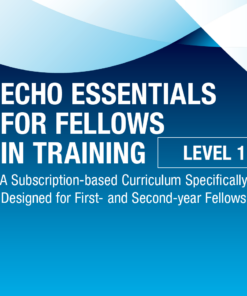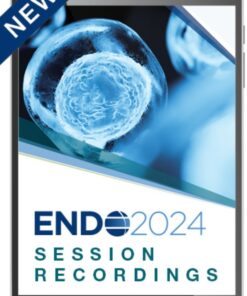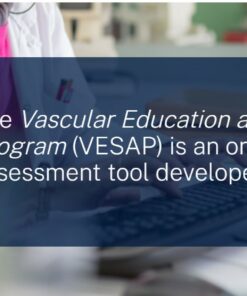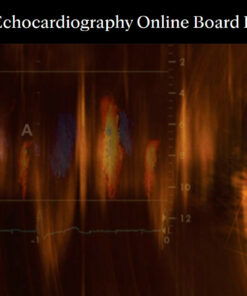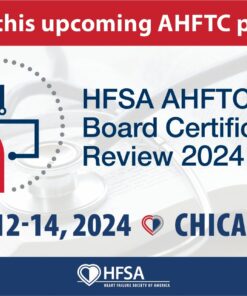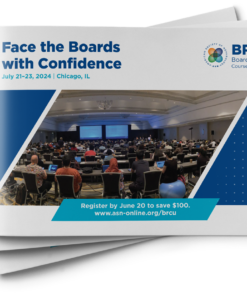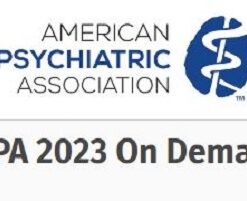This comprehensive review is designed to update your clinical knowledge base and help you pass your General Surgery exams. Emphasis is on evidence-based medicine and board-relevant standards of care, incorporating current best practice concepts, surgical approaches, and clinical follow-up strategies. As a result, it provides a good review for your ABS written exams and a thorough general surgery review for physicians in practice. In addition, many previous learners have found the course provided them with improved diagnostic and planning strategies, a better understanding of the best surgical approaches for the principal areas covered by general surgeons, and helped them recognize areas of weakness for self-study.
Objectives
After this review, each participant will be able to:
- Summarize the basic science fundamentals underlying patient management as applied to general surgery.
- Describe preoperative, operative, and postoperative patient care in the principal component areas of general surgery: specifical diseases of the head and neck, breast, skin and soft tissues, alimentary tract, abdomen, vascular system, endocrine system, comprehensive trauma management, and emergency operations, and critical surgical care.
- Discuss the principles of perioperative patient care in the surgical specialties of cardiothoracic surgery, pediatric surgery, and transplant surgery.
- Summarize the clinical care of patients with common problems in urology, gynecology, orthopedics, and burns.
- Demonstrate an understanding of tumor staging and describe the appropriate surgical and nonsurgical management required.
- Discuss non-operative management options for general surgery patients who may not require surgical intervention (e.g., patients with pancreatitis, portal hypertension, immunosuppression, multiple traumas).
- Outline the appropriate use of newer diagnostic and therapeutic methods such as laser-based applications; stereotactic breast biopsy; physiologic testing and evaluation of the GI tract; noninvasive vascular system diagnostic evaluation and invasive vascular interventional techniques; ultrasonography of the head and neck, breast, and abdomen; and endorectal ultrasound.
Faculty & Topics
 Cory Barrat, MD, FACS, FASCRS
Cory Barrat, MD, FACS, FASCRS
Senior Staff Surgeon,
The Jewish Hospital – Mercy Health,
Cincinnati, OH
Anorectal and Colorectal – Benign Disorders, Anorectal and Colorectal – Malignant Disorders, Small Bowel and Spleen
 Jasneet Bhullar MD, MS, FACS, FASCRS
Jasneet Bhullar MD, MS, FACS, FASCRS
Colon & Rectal Surgery, Surgery, Surgical Oncology
Ascension Medical Group
Abdominal Wall and Hernias, Oncology and Tumor Biology, Immunology and Transplantation
 Nikolai Bildzukewicz, MD, FACS
Nikolai Bildzukewicz, MD, FACS
Assistant Professor of Clinical Surgery
University of Southern California
Esophageal Disorders – Benign and Malignant, Gastrointestinal Bleeding, Stomach and Duodenum – Benign Disorders, Transfusion and Disorders of Coagulation, and Hepatobiliary Portal Hypertension I and II
 Aaron Chevinsky MD, MBA, FACS
Aaron Chevinsky MD, MBA, FACS
Director of Surgical Oncology
University of WI School of Medicine
Aurora St. Luke’s Medical Center
Breast – Benign Disorders, Breast – Malignant Disorders, Skin and Melanoma, Sarcoma
 Laura Crankshaw, MD
Laura Crankshaw, MD
University of Nevada, Las Vegas
Burn and inhalation Injuries
 Paras Khandhar, MD, FAAP
Paras Khandhar, MD, FAAP
Attending Pediatric Critical Care Medicine, Beaumont Children’s
Lead Inpatient Physician Informaticist – Beaumont Health
Associate Professor of Pediatrics,
Oakland University William Beaumont School of Medicine
Evidenced-Based Medicine (EBM), Patient Safety, Quality Improvement, Ethics, Professionalism, and Credentialing
 Marc Lessin, MD, JD
Marc Lessin, MD, JD
Staff Surgeon
University of Massachusetts Hospital
Pediatric Trauma and Emergencies, Pediatric Tumors, Congenital GI Disorders, Ethics, and Palliative Care Medicine
 Sandip Maru, MD, FACS, RPVI
Sandip Maru, MD, FACS, RPVI
Assistant Professor of Surgery
University of New England
Aortic and Carotid Disorders, Peripheral Arterial Disease, Venous and Thromboembolic Disorders
 Amit Pawale, MD, FRCS, FACS
Amit Pawale, MD, FRCS, FACS
Washington University School of Medicine in St. Louis
Cardiac Surgery: Adult and Pediatric
 Louis Portugal, MD, FACS
Louis Portugal, MD, FACS
Professor of Otolaryngology
University of Chicago
Head and Neck Surgery I and II, Thyroid Surgery, Parathyroid Surgery
 Syed S. Razi, MD
Syed S. Razi, MD
Attending Thoracic Surgeon, Memorial Healthcare System – South Broward, FL Clinical Associate Professor of Surgery Florida International University, Herbert Wertheim College of Medicine
Mediastinum and Chest Wall Disorders, Pulmonary Surgery: Benign and Malignant
 Matthew Strode, DO
Matthew Strode, DO
Surgical Oncologist,
Womack Army Medical Center, Fort Bragg, NC
Adrenal Surgery, Multiple Endocrine Neoplasia, Pancreas – Benign and Malignant Disorders
 Andrew Wu, MD, FACS, FASMBS
Andrew Wu, MD, FACS, FASMBS
Division Chief General Surgery
Catholic Medical Center,
Manchester, NH
Minimally Invasive and Metabolic Surgery, Shock and Multiple Organ Failure, Stomach and Duodenum – Malignant Disorders, Gynecologic and GU Surgery
 Gregory York, MD, FACS†
Gregory York, MD, FACS†
Envision Healthcare Services
Med Center Hospital – Odessa Trauma Medical Director
Head and Neck Trauma, Thoracic Trauma, Abdominal and Pelvic Trauma I and II, Pulmonary Critical Care, Nutrition and Metabolism, Cardiac Critical Care, Preoperative Evaluation and Perioperative Care, Fluids, Electrolytes and Acid-Base, Infection and Antimicrobial Therapy
Release Date: July 29, 2022



 Cory Barrat, MD, FACS, FASCRS
Cory Barrat, MD, FACS, FASCRS Jasneet Bhullar MD, MS, FACS, FASCRS
Jasneet Bhullar MD, MS, FACS, FASCRS Nikolai Bildzukewicz, MD, FACS
Nikolai Bildzukewicz, MD, FACS Aaron Chevinsky MD, MBA, FACS
Aaron Chevinsky MD, MBA, FACS Laura Crankshaw, MD
Laura Crankshaw, MD Paras Khandhar, MD, FAAP
Paras Khandhar, MD, FAAP Marc Lessin, MD, JD
Marc Lessin, MD, JD Sandip Maru, MD, FACS, RPVI
Sandip Maru, MD, FACS, RPVI Amit Pawale, MD, FRCS, FACS
Amit Pawale, MD, FRCS, FACS Louis Portugal, MD, FACS
Louis Portugal, MD, FACS Syed S. Razi, MD
Syed S. Razi, MD Matthew Strode, DO
Matthew Strode, DO Andrew Wu, MD, FACS, FASMBS
Andrew Wu, MD, FACS, FASMBS Gregory York, MD, FACS†
Gregory York, MD, FACS†